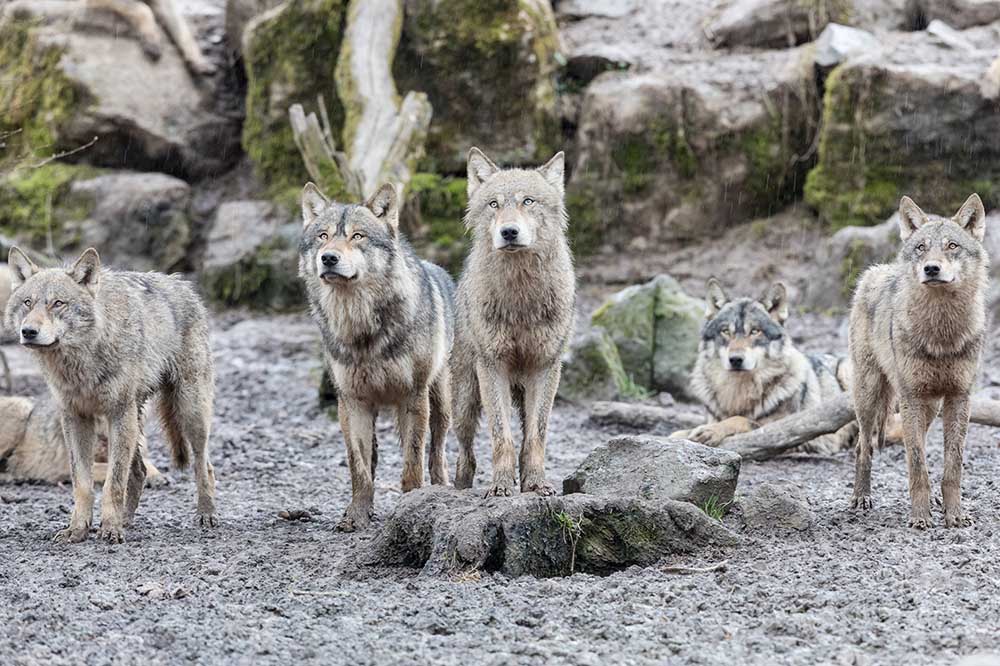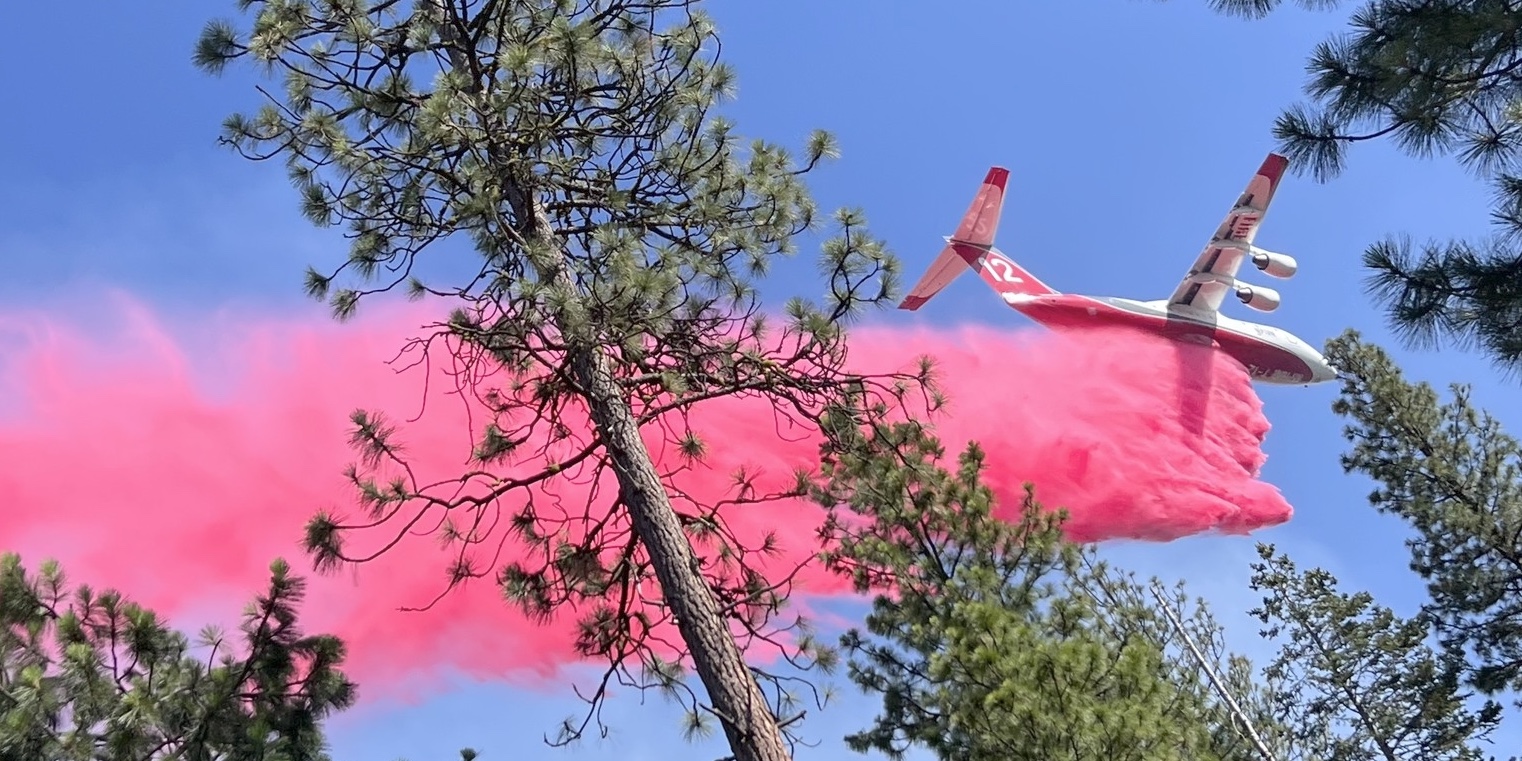Washington Fish and Wildlife chair: Let’s look at moving wolves
Published 11:00 am Tuesday, August 13, 2024

- Even in Switzerland, wolves cause problems for farmers with sheep and other livestock.
The Washington Department of Fish and Wildlife should explore moving wolves to Western Washington to speed up wolf recovery, says Fish and Wildlife Commission Chairwoman Barbara Baker.
Trending
Several times at recent commission meetings, Baker has broached relocating wolves, an idea to which wildlife managers are cool. “I’m going to keep bringing it up,” Baker said in an interview Monday.
“I’m not saying I’m in favor of translocating wolves, but I think we should at least have a discussion,” she said.
Baker, who lives on Puget Sound, said looking at moving wolves would respond to complaints from people in wolf-settled territories that they’re the ones living with the consequences of policies developed elsewhere.
Trending
“I tend to be in agreement with that. They’re right,” she said. “It would show we are taking to heart the concerns of the people in those areas where (wolves) are concentrated.”
Washington wolves are entrenched in Eastern Washington, state scientists say. Nevertheless, the commission in July kept wolves on the state endangered species list because there are none west of the Cascade Range.
The state’s wolf plan calls for at least four packs with pups in the South Cascades or farther west. It also calls for the department to consider relocating wolves if westside recovery lags behind Eastern Washington.
Northeast Washington met recovery goals a decade ago. The eastern one-third of Washington had 20 packs with pups at the end of 2023, compared to zero in the western one-third.
Fish and Wildlife should look at moving wolves to Western Washington, said state Rep. Joel Kretz, who represents northeast Washington. “It makes complete sense, and it’s way overdue,” he said.
Wildlife managers redistribute animals to meet goals. Elk on farm fields in Skagit County, Wash., were brought from Mount St. Helens. The National Park Service plans to airlift grizzly bears to the North Cascades.
The U.S. Fish and Wildlife Service reintroduced gray wolves to the West by capturing some in Canada and releasing them in Idaho and Yellowstone Park. Colorado is importing wolves.
Wolves will get to southwest Washington on their own, Fish and Wildlife endangered species manager Julia Smith said. “Personally, I think it’s a lot kinder to the wolves,” she said.
Smith has said — over and over — wolves are doing well in Washington and are no longer endangered. If Fish and Wildlife undertakes moving wildlife, it should focus on species in trouble, she said.
“We have finite resources for wildlife conservation. If we are serious about the biodiversity crisis then we need to allocate resources to the animals that are going extinct,” Smith said.
Fish and Wildlife Commissioner Lorna Smith has said she looks forward to having wolves on the Olympic Peninsula, where she lives, but dropping wolves into a new environment would be risky for wolf survival.
The state should do other things, such as building wildlife crossings over Interstate 5, to assist natural dispersal, she said. “I still say if wolves are given half a chance they’ll get there on their own,” she said.
Lorna Smith said she was more concerned about the biological risks of relocating wolves than public reaction.
She said she believes a poll of Western Washington residents would show support for having wolves.
“I think we would get a majority of people saying, ‘We want that,’ “ she said.
Kretz said wolves probably would be well received at first by people west of the Cascades. “Until they found out how wolves impact communities,” he said.







